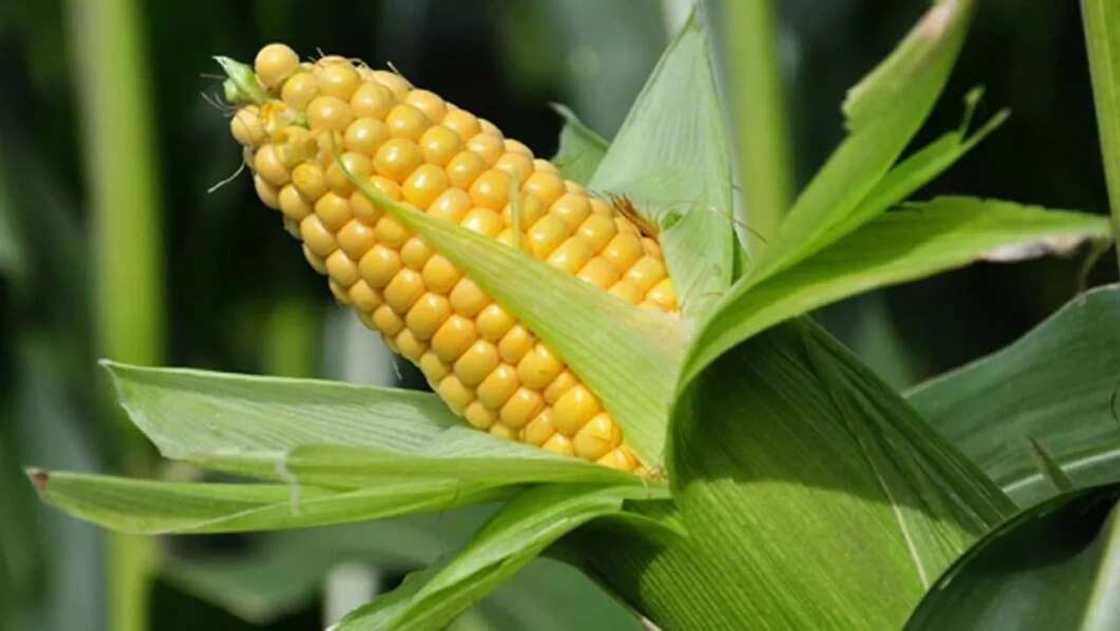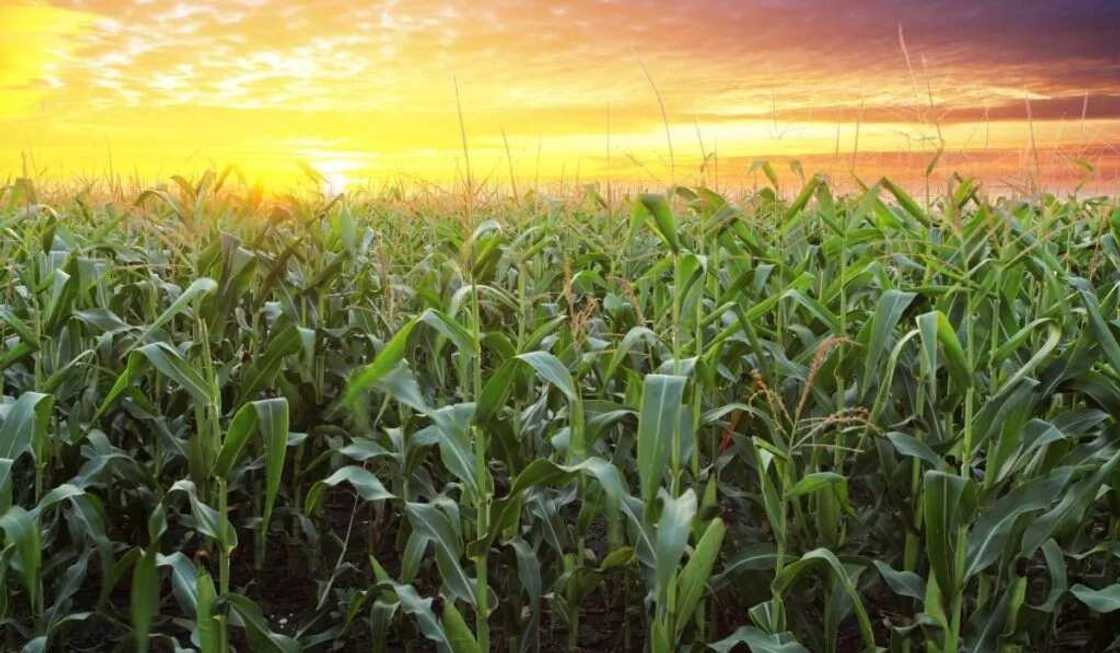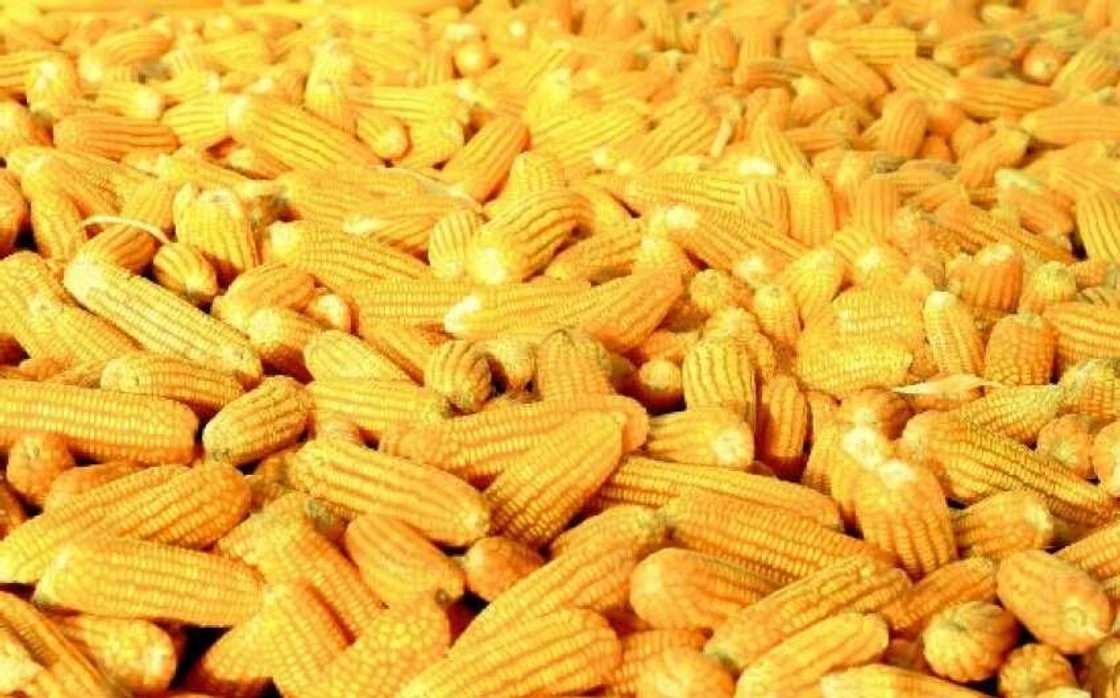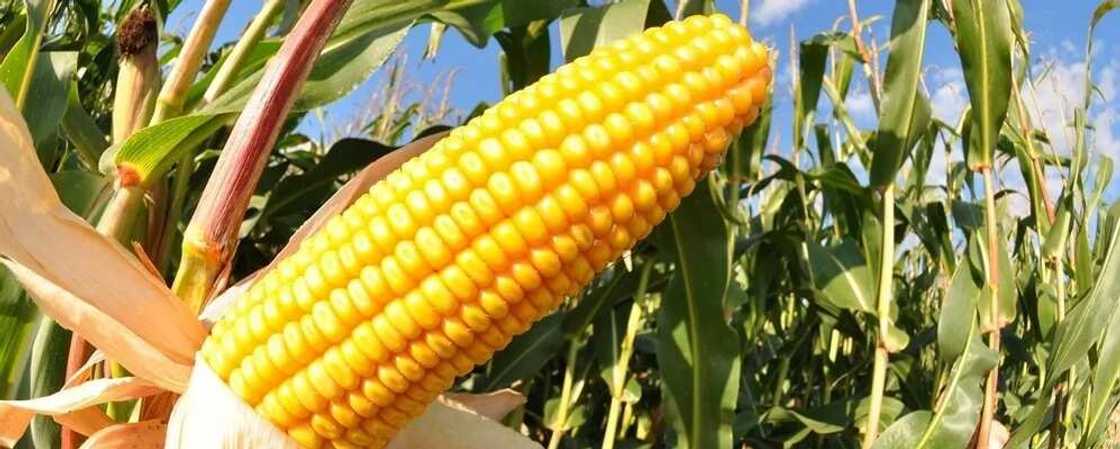Maize production in Nigeria: is it profitable in 2018?
Maize production business has definitely been thriving in Africa for decades. Many people are interested in one thing: is it really so profitable? Can you earn a lot of money from maize farming? Keep reading to find out about the profitability of maize production in Nigeria in 2018.

Maize, which is also commonly known as corn, is one of the most popular food crops in Africa. Maize is cooked in various ways and millions of Africans rely on this crop because it usually costs less than wheat and rice and other common grains and cereals. Actually, a lot of daily diets would not be possible without maize, a lot of animal products like eggs, meat, and milk production depend on maize, because this ingredient is used to feed animals.
Maize producing states in Nigeria
According to the latest research, the African continent produces about 6.5% of maize in the world. Nigeria is the largest maize producer in Africa, with South Africa holding the second place. Annually, Nigeria produces about 8 million tons of this food crop. Maize is widely grown all over the country. However, the leaders in this crop production are Niger, Taraba, Kaduna, Adamawa, and Plateau states. They have the biggest plantations of maize and in previous years they sold the crop with profit.
Even though maize is commercially lucrative, there are some risks connected with growing it. For instance, maize is extremely sensitive to drought. Sometimes droughts in Nigeria and other African countries led to the crop's failure, and in some cases, it even resulted in famine. Furthermore, import can influence the profitability of any crop in any country.
With every passing day, the agricultural industry in Nigeria is developing and advancing. Many agriculture workers have already appreciated the benefits of maize cultivation. Throughout the whole African continent in previous years, maize farming was potentially an extremely productive business. What about this year? Is the production of this crop still profitable? Keep reading to find out how profitable is maize farming in Nigeria in 2018 and how import has influenced its production.

How import influenced maize production in Nigeria: is it profitable in 2018?
According to the latest reports, there are forecasts from the farmers about a fall in the maize production because of massive importation. This also means that the prices for the maize are expected to fall. The imported maize from the United States, Ukraine, and the other countries has affected the Nigerian maize farmers, influencing the price of local maize in a negative way. Many people in the industry are convinced that some of the processors are responsible for importing more maize than needed.
Many farmers have a lot of crops they are yet to sell and they are discouraged from massive maize production in the following season because of the imported maize which is cheaper than the locally produced one. It is said that 100 kg of maize in Yobe State can be bought for N9000-N9500, while last year it was about N14,000. In Sokoto State, the situation was similar. The 100 kg bag of maize cost N11,500-N12,000, compared to last year's N14,000. The worst situation appears to be in Kaduna State, one of the biggest maize producers, where the price for 100 kg is now N8,000.
READ ALSO: Wheat production in Nigeria: pros and cons

The maize traders complain that despite the decline of the prices, customers are still not attracted to their goods, and they link it to the arrival of the imported crop. However, many of the farmers have already cultivated the new crops of maize and are hoping that it will sell at a good price. They are optimistic about the situation because the local supply of maize from Katsina, Kaduna, and Niger states have been sold on the market. Some people are, however, not looking forward to the season, because they are convinced that the imported crop has outshone the local one already, and it will be hard for them to attract new customers.

Many experienced farmers are certain that the increase of the imported maize will discourage people involved in this business from growing the local one this year. However, some specialists are looking at this situation from the bright side. They point out that the same 100 kg of maize that now costs N9000-N9500, used to cost N3800 only a few years ago, and this is surely a development for the better. They also add that during the last years, when the prices were still very low, the farmers had to sell two full bags of grown maize to purchase one bag of fertilizer. Nowadays, though, they have to sell one bag of maize to purchase fertilizer and they still are getting a financial benefit. The specialists consider this to be a progress.
The experts are sure that the import of agricultural goods should stop because it discourages the local farmers from growing their own crops and selling them. They say that if Nigeria wants their people to stay employed in the agricultural sphere, the country should take care of them and protect them, not replace their goods with imported ones.

To conclude, the maize production can often bring a lot of profit, and if you are into agriculture, you should definitely try to make money off it. Some people who reside in rural areas actually make their living of this business. However, it depends on the situation – sometimes it is less profitable than usual, especially this year when there is more and more imported maize in Nigeria, and the prices for local maize keeps falling. It all depends on how much production you will be able to sell. Prior to everything else, you will have to gain some knowledge about how planting works and put a lot of effort in your maize growth. If everything is done right, in the end, it will definitely be worth it.
READ ALSO: How long does it take for plantains to grow? - From planting to harvesting
Source: Legit.ng


